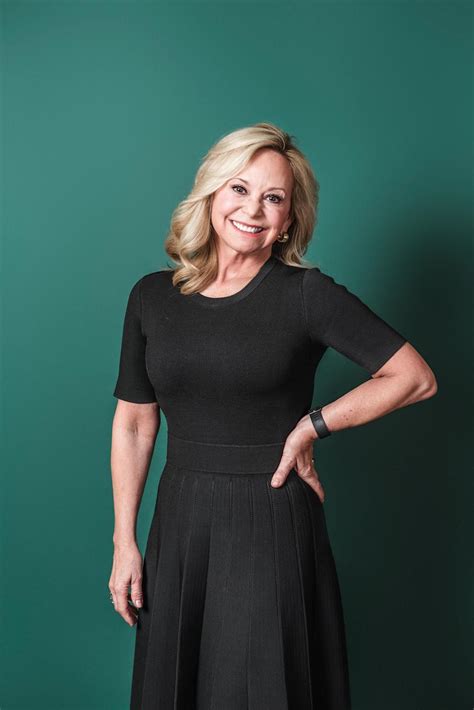A Quote by Eric Ries
Most start-up companies fail and it is smart public policy to help entrepreneurs increase their odds of succeeding. But, the biggest loss to our economy is not all the start-ups that didn't make it: It's the ones that might have been created but weren't.
Related Quotes
Corrival looked around. 'So is this it? Is everyone here? Erskine, maybe you should start the ball rolling. I have places to go and things to do.' 'Me?' Ravel asked. 'Why do I have to start it? You're the most respected mage here. You start it, or Skulduggery.' Skulduggery shook his head. 'I can't start it. I don't like most of these people. I might start shooting.
Investors do not like losing money. They do not like companies that fail. They do not like entrepreneurs that fail. There is not a culture of celebrating failure in Silicon Valley or anyplace else. That is a myth. Recognize this, and if you start another business, get it to a successful point before approaching outside investors again.
The reality is the most important thing that can be done are these permanent changes like to the tax code, reduction of government spending. These are the things that pop up in economy and move it in the right direction, start to make it an economy that is moving because of the money in the private economy. When you think about it, when the Fed is lowering an interest rate, what it's doing is it's creating more liquidity. It's putting more money into the economy. The same thing happens when you reduce the tax except if happens from physical policy.
Apparently, sir you Chinese are far ahead of us in every respect, except that you don’t have entrepreneurs. And our nation, though it has no drinking water, electricity, sewage system, public transportation, sense of hygiene, discipline, courtesy, or punctuality, ‘’does’’ have entrepreneurs. Thousands and thousands of them. Especially in the field of technology. And these entrepreneurs—"we" entrepreneurs—have set up all these outsourcing companies that virtually run America now.
I just didn't feel very good. One day I woke up and I was like: "All right. I'm going to start eating right. I'm going to start working out." I figured it might help me feel a little bit better - even if I was still sick, it might help me move forward with my struggles. I just kind of turned a corner.

































